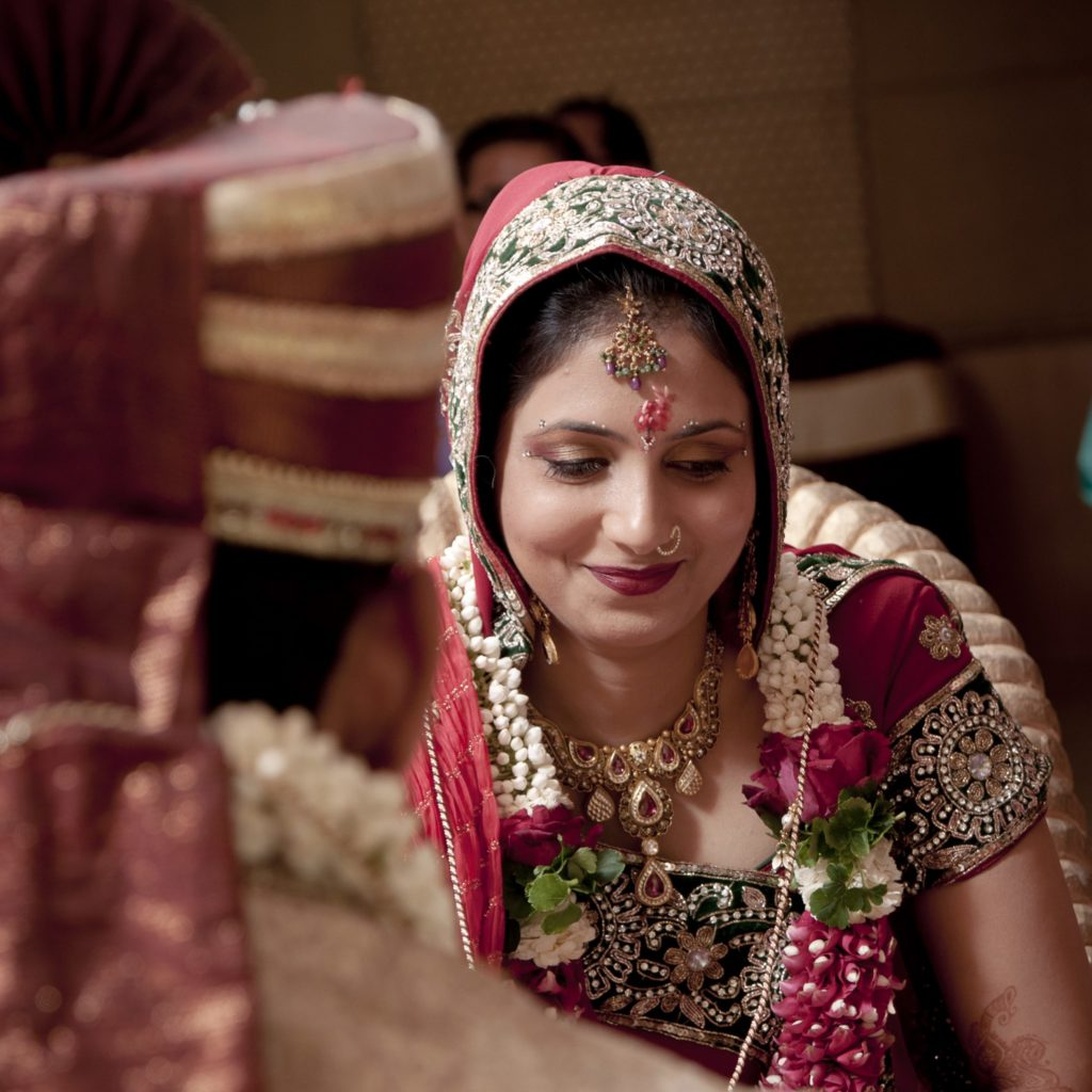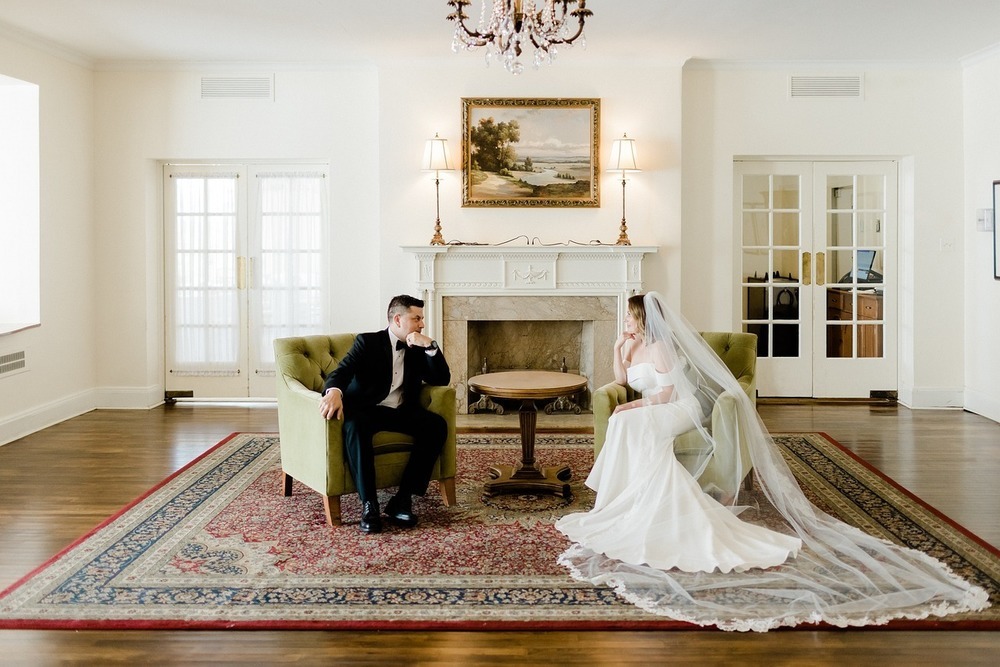Your wedding day is undeniably one of life’s most significant milestones, brimming with excitement, love, and anticipation. But let’s be honest, alongside the joy, it’s incredibly common to feel a wave of nerves or even significant anxiety. The pressure, the planning, the spotlight – it can all feel overwhelming. Rest assured, these feelings are normal, and more importantly, there are practical, effective ways to manage this anxiety, allowing you to stay present, calm, and truly savor your special day. This guide is designed to equip you with techniques to navigate the jitters and embrace your celebration with peace of mind.
Why wedding day nerves are so common
It’s almost expected to feel some level of nervousness before saying ‘I do.’ You’re embarking on a major life transition, often after months, or even years, of meticulous planning. This period culminates in a single day where you are the center of attention. Societal expectations often add another layer, bombarding couples with the idea that the wedding must be the ‘Best Day Ever,’ a flawless fairytale – a pressure often noted by wedding planners. This pursuit of perfection, amplified by the curated images seen on social media platforms like Instagram and Pinterest which can create unrealistic expectations, is a significant source of stress; in fact, surveys show a vast majority (like 96% in one study) find planning stressful. Financial worries are a major factor, especially as costs rise and many couples fund their own weddings. Beyond money, the sheer logistical complexity of coordinating venues, caterers, guest lists, and timelines (as detailed by experts) can feel immense – some surveys even find finding the perfect dress or coordinating suppliers to be top stressors. Complex family dynamics and differing opinions add another layer. It’s crucial to distinguish between normal pre-wedding jitters – that healthy excitement – and overwhelming anxiety that negatively impacts your daily life, sleep, or decision-making. While some nerves can be motivating, extreme worry that feels paralyzing might warrant seeking support; understanding the difference is key. Remember, feeling anxious doesn’t automatically mean you doubt your decision to marry; often, it’s a reaction to the event’s magnitude and pressures, a common misconception to avoid.
Prepare proactively for peace of mind
One of the most effective ways to combat wedding day anxiety is through thoughtful and early planning. Tackling key decisions well in advance prevents that frantic, last-minute scramble. Consider starting your venue search, guest list drafting, and looking for attire around eight months or more before the date, as recommended for reducing pressure. Booking major vendors early secures your choices and ticks big items off your list. Equally important is learning the art of delegation. You don’t have to carry the planning load alone! Lean on your wedding party, trusted friends, and family. Research suggests people genuinely enjoy contributing, so don’t hesitate to ask. Assign specific tasks: ask a reliable bridesmaid to be the vendor point person on the day, have a family member ensure the guest book is signed, request a tech-savvy cousin manage the playlist, or have someone oversee ceremony program setup. If budget allows, a day-of coordinator can be invaluable, handling logistics so you can focus on being present – creating a supportive system is vital. Don’t underestimate the rehearsal dinner; it’s not just practice, but also familiarizes you with the space and process, building confidence for the actual ceremony by making the most of your rehearsal. Finally, build buffer time into your wedding day schedule. Things often take longer than anticipated, and having extra 10-15 minute pockets allows for breathing room or simply a moment to pause without feeling rushed, a practical tip from photographers.
Communicate openly and lean on support
Open and honest communication is paramount, especially with your partner. Wedding planning can highlight anxieties or differing expectations. Make time to talk regularly about your feelings, fears, and hopes. Being vulnerable and supportive is crucial, as relationship experts advise. Share your worries; perhaps your partner feels the same, or can offer reassurance. Reflecting on why you chose each other can also ground you; asking reflective questions can help clarify if jitters are just nerves. Communication extends to family too. Navigating dynamics and expectations can be tricky, especially if finances or traditions clash. Be clear about your vision, while being respectful and open to compromise. Setting gentle boundaries early can prevent misunderstandings, and managing family expectations is key. When discussing sensitive topics, use ‘I’ statements (e.g., ‘I feel overwhelmed when…’) rather than ‘You’ statements (‘You always dismiss my ideas…’). Try expressing what you *want* (‘I’d love to find a way to include that tradition that feels right for us’) rather than what you *don’t* want (‘I don’t want your cousin choosing the music’). Similarly, instead of “You always dismiss my ideas about the flowers,” try “I feel unheard when my ideas about the flowers aren’t discussed further.” Practice listening to truly understand, not just to respond.
Techniques for staying calm on the big day
Look after your physical well-being. This is fundamental. In the weeks prior, prioritize sleep, eat nourishing meals (think protein, complex carbs), stay hydrated, and incorporate enjoyable exercise – prioritizing self-care is essential. Establishing calming morning and evening routines (like a short walk, journaling, or meditation) can also help regulate your system. On the wedding day, nerves might suppress appetite, but try to eat small, regular meals or snacks. An empty stomach plus adrenaline can worsen anxiety (‘multiply the butterflies’) or cause lightheadedness. Have healthy options available while getting ready, as wedding consultants strongly advise. Be mindful of alcohol; while celebratory, excessive amounts can heighten anxiety and heart rate. Aim for moderation.
Practice mindfulness and relaxation. Actively incorporating relaxation techniques makes a huge difference. Deep breathing is simple yet powerful: inhale slowly through your nose, feel your belly expand, exhale slowly through your mouth. A few conscious breaths calm your nervous system. Mindfulness meditation, even for 5-10 minutes daily leading up to the wedding, helps you stay present. This involves focusing your attention on the current moment, perhaps by concentrating on your breath or bodily sensations, without judgment. It allows you to notice anxious thoughts without getting swept away; these are effective strategies for the ceremony. Visualization can also help; imagine yourself walking calmly down the aisle. Techniques like yoga or Progressive Muscle Relaxation (PMR) – which involves systematically tensing and then releasing different muscle groups – effectively reduce physical tension (well-proven methods for stress relief). Some find journaling therapeutic, while others benefit from calming playlists or using music and positive thinking through affirmations.
Shift your focus and manage expectations. When anxiety peaks, try shifting your focus outward. Instead of dwelling on yourself, concentrate on your partner. During the ceremony, lock eyes – remember, this day is about your commitment. Thinking about guests? Remind yourself they are loved ones there to celebrate *with* you, not critique you; focusing outward helps. A ‘first look’ before the ceremony can be wonderful for easing nerves. This private moment lets you connect and feel more relaxed before the aisle walk; many couples find it calming. Take short breaks throughout the day. Step away for five minutes, find a quiet space, breathe, and regroup; experts recommend regular pauses. Keep the bigger picture in mind: the wedding is one day, the marriage a lifetime. Try not to sweat small imperfections. Focus on the joy and love surrounding you, remembering the marriage over the wedding details.
Embrace imperfection and find joy in the moment
Let go of the pressure for absolute perfection. Some of the most cherished memories arise from spontaneous, imperfect moments. Aiming for a day filled with genuine emotion is more rewarding than striving for an unattainable ideal, as planners often advise. It’s okay to feel anxious; acknowledge the feeling without judgment. Trying to suppress anxiety can make it stronger, so accepting feelings can lessen their power. Practice psychological flexibility – essentially, being able to adapt when things don’t go exactly to plan. Maybe the flowers aren’t the perfect shade, or a speech runs long. Instead of letting anxiety take over, take a deep breath, remind yourself of what truly matters (your love and commitment), and choose to focus on the positive. This adaptability helps you navigate unexpected moments gracefully; flexibility is key. Consider practicing gratitude, perhaps by keeping a journal or writing (even if unsent) notes to supportive people – it shifts focus to the positive. Remember, this day is the start of a beautiful new chapter. By managing anxiety proactively, communicating openly, caring for yourself, and embracing the moment – imperfections and all – you can create a celebration that feels authentic, joyful, and wonderfully calm. Breathe deep, focus on your partner, and soak in every precious second.




